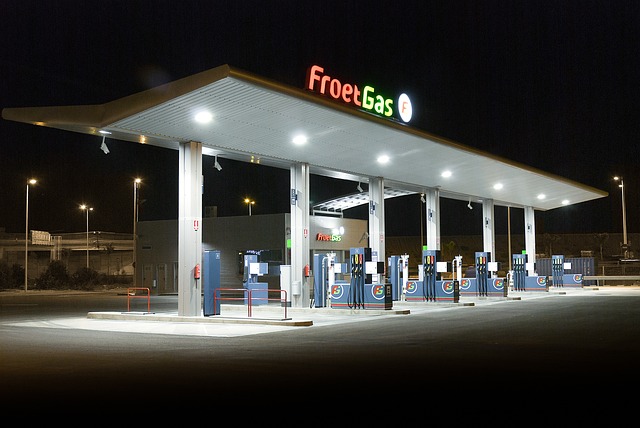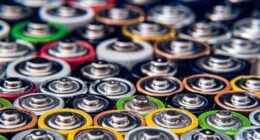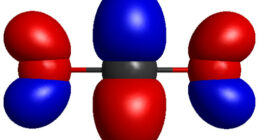Premium gas has a higher octane rating than regular, making it suitable for high-performance engines that require more power. Regular gas is perfect for everyday vehicles that don’t need as much power.
What is premium gas?
(Image by Bernd Schray from Pixabay)
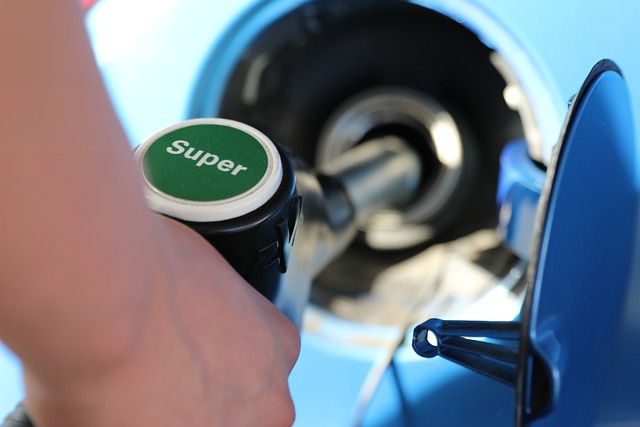
Premium gas, also known as high-octane gas, is a type of gasoline that has higher octane ratings than regular gas. Octane rating is the measure of fuel’s ability to resist “knocking” or detonation caused by the air/fuel mixture in an engine.
Higher octane fuels like premium are typically used for high-performance engines that require greater resistance to pre-ignition and knocking. These engines usually have a high compression ratio and generate more heat during combustion.
The American Automobile Association (AAA) states that around 16 million vehicles on US roads today need premium gasoline due to their specialized engines. It includes luxury cars, sports cars, some SUVs and trucks with turbocharged or supercharged engines.
In general, Premium gasoline costs more per gallon than regular unleaded gasoline because it requires additional processing to improve its quality and performance standards compared to lower-grade fuels. However, there can be variations in prices between different regions depending upon local supply-demand dynamics.
What is regular gas?
(Image by Markus Spiske from Pixabay)
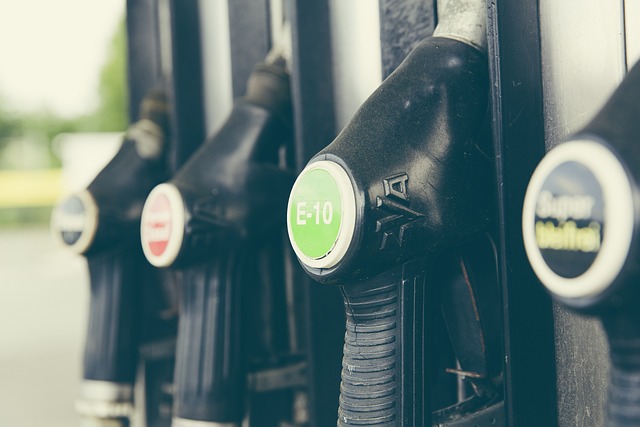
Regular gasoline is the most commonly used fuel for vehicles. It is a type of gasoline that has an octane rating of 87, which means it has a lower resistance to combustion and burns faster than premium gas. Regular gas is made up of hydrocarbons, which are molecules containing hydrogen and carbon atoms.
The production process for regular gas involves refining crude oil through distillation. The crude oil is heated until it vaporizes, and then different parts are separated based on their boiling points. The resulting product from this process forms the basis for regular gasoline.
One reason why regular gas is cheaper than premium gas is due to its lower octane rating. This makes it less expensive to produce since fewer additives are needed during manufacturing. While regular gasoline may not provide as much power or efficiency as premium fuel, it still provides enough energy to get your vehicle moving smoothly along the road.
However, some high-performance cars require higher-octane fuels such as premium gas due to their powerful engines that need more resistance against combustion in order to perform at optimal levels.
Premium Gas Vs. Regular Gas – Key differences
Premium gas and regular gas may look the same at the pump, but there is a significant difference between them. The primary distinction lies in their octane rating, which determines how much pressure can be applied to fuel before it ignites.
Regular gasoline typically has an octane rating of 87 while premium gasoline has an octane rating of 91 or higher. The extra detergents and additives found in premium gasoline make it burn cleaner than regular gasoline. It also leads to better engine performance and improved acceleration.
However, not all cars require premium gasoline for optimal operation. Most modern vehicles are designed to run on regular unleaded fuel without any issues. On the other hand, high-performance engines with high compression ratios need higher-octane fuels like premium gasoline to function correctly.
Another key difference between these two types of fuel is pricing. Premium gas often costs more per gallon than regular gas due to its unique formulation and manufacturing process.
While both types of fuel have their benefits, choosing which one to use ultimately depends on your vehicle’s specific needs and manufacturer recommendations.
Does regular gas burn faster than premium?
One of the most common misconceptions about gasoline is that regular gas burns faster than premium. However, this couldn’t be further from the truth.
The difference between these two types of fuel lies in their octane rating, which measures a fuel’s ability to resist engine knock or detonation. Premium gas has a higher octane rating than regular gas – usually 91 or 93 octane compared to 87 for regular.
When it comes to how fast they burn, both types of fuel have similar combustion rates. In fact, the speed at which gasoline burns is largely determined by factors such as air-to-fuel ratio and engine design rather than the type of gasoline used.
Using premium gas won’t necessarily make your car run faster or use less fuel either. It’s only necessary if your car requires it due to its high-performance engine or if you experience knocking with lower-octane fuels.
So next time you’re at the pump deciding between regular and premium gas, remember that burning faster isn’t one of the differences – but choosing based on your vehicle’s needs is always important!
What happens if I mix regular and premium gas?
Mixing regular and premium gas is not recommended since it can lead to reduced performance and fuel economy. If you mix the two types of gasoline, your engine’s computer will adjust the timing and fuel-air mixture to compensate for the lower octane rating of regular gas. This may result in reduced power output, knocking, or pinging noises from your engine.
The best practice is to always use the type of gasoline that your car manufacturer recommends. However, if you accidentally mix small amounts of both types while filling up your tank, don’t worry too much – it won’t cause any significant harm.
If you’re still unsure about what type of gas to put in your vehicle, check the owner’s manual or ask a professional mechanic for advice. It’s important to keep in mind that using a higher-octane fuel than needed won’t provide any benefits except for wasting money on more expensive gasoline.
What type of cars use premium gas?
Premium gas is typically recommended for high-performance vehicles that have engines with a higher compression ratio than regular cars. This means that the piston in these engines compresses the fuel and air mixture to a higher degree before it’s ignited, which results in more power.
Cars like sports cars, luxury sedans, and some high-end SUVs often require premium gasoline because they are designed to deliver maximum performance. These types of vehicles usually have larger engines or turbochargers that require higher octane fuel to operate at their peak.
In addition, some manufacturers may recommend using premium gas as part of their maintenance requirements. It’s essential to check your owner’s manual or consult with your mechanic if you’re unsure about what type of gasoline your vehicle needs.
It’s important not to use premium gas if it isn’t required by your car since it can be significantly more expensive than regular gasoline. However, using lower-octane fuel than what is recommended can cause engine knocking or damage over time.
Why does premium gas give better mileage?
Premium gas gives better mileage compared to regular gas because of its higher octane rating. Octane is the fuel’s ability to resist “knocking” or “pinging.” Knocking happens when the air-fuel mixture in an engine ignites at the wrong time, which can cause damage to the engine.
Using premium gasoline with a high octane rating helps prevent knocking by allowing engines to run smoothly and efficiently. This improves overall performance and provides better fuel economy.
Additionally, premium gasoline often contains additives that help clean your engine’s intake system and combustion chamber. A cleaner system means fewer deposits on spark plugs, valves, and injectors which can lead to improved efficiency over time.
Despite being more expensive than regular gas, using premium may save you money in the long run due to its longer-lasting effects on your car’s performance and efficiency. However, it’s important to check if your vehicle manufacturer recommends using premium gas before switching from regular.
